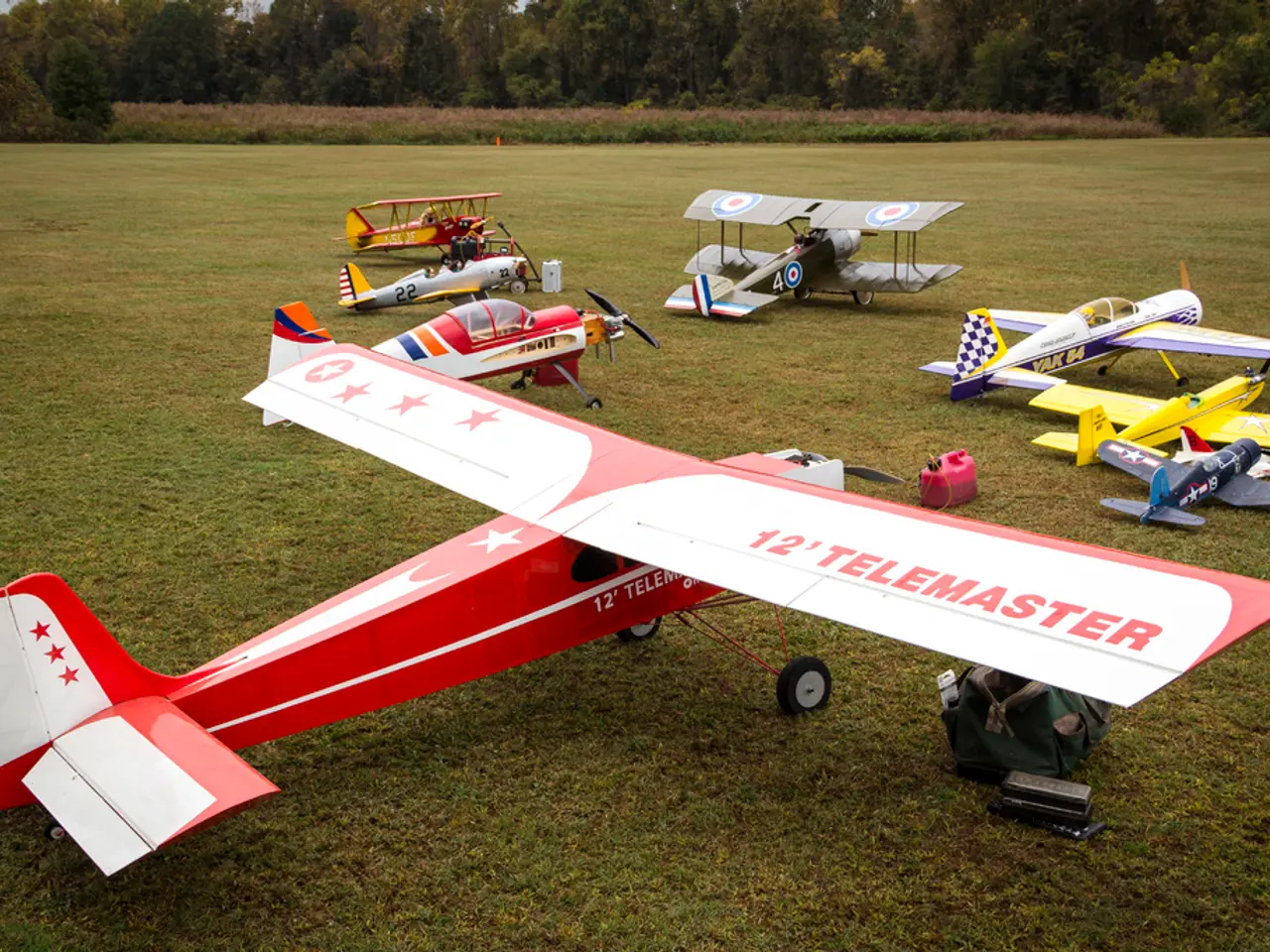Forced arbitration towards Air Canada and its flight attendant union by government authorities.
Air Canada's long-standing contract dispute with the Canadian Union of Public Employees (CUPE), representing its flight attendants, has taken a significant turn. The bitter fight, which has been escalating for months, has now been interrupted by government intervention.
The impact of the strike on Canada's largest airline is substantial. About 130,000 people are affected daily, and some 25,000 Canadians may find themselves stranded due to the work stoppage. The disruption has caused a ripple effect, with Air Canada operating around 700 flights per day, a number that has been significantly reduced.
Federal Jobs Minister Patty Hajdu has ordered the Canada Industrial Relations Board to extend the term of the existing collective agreement until a new one is determined by an arbitrator. This intervention means the 10,000 flight attendants will return to work soon.
The key issues in the dispute centred on two major demands: a significant wage increase and the addition of ground pay for duties performed while not flying. Air Canada had proposed an offer including a 38% total compensation increase over four years, with hourly rates reaching up to $94 in the first year, plus a new industry-leading ground pay provision in Canada.
However, the union pushed back, saying the proposed 8% raise in the first year didn't go far enough due to inflation. Despite this, a tentative agreement was announced on August 19, 2025, subject to union ratification. This agreement reportedly met CUPE's main demands, including wage increases and improved ground pay, alongside other enhancements.
In response to the disruption, Air Canada instituted a special labor disruption policy to reimburse passengers for travel expenses incurred due to cancellations during the strike period and allowed flexible rebooking options.
The resolution of this dispute through government-ordered arbitration and intensive negotiations has addressed major union demands related to compensation, working conditions, and benefits.
Ian Lee, an associate professor at Carleton University's Sprott School of Business, noted that the government repeatedly intervenes in transportation strikes due to the dependency of Canadians on these services.
For stranded travellers like Laroche, alternative flights are nearly full and cost more than double the original ticket price. Despite this, the end of the strike is in sight, and normal operations could resume within a week.
The Canadian government's intervention in the Air Canada and flight attendants' contract dispute follows a similar move last year, when it forced Canada's two major railroads into arbitration with their labor union during a work stoppage. The union for the rail workers is now suing, arguing that the government is removing a union's leverage in negotiations.
The question of fair treatment for the predominantly female flight attendants, who are about 70% women, has also been raised. The union president questioned whether they are getting fair treatment compared to male-dominated Air Canada pilots who received a significant raise last year.
As the dust settles, it remains to be seen how this resolution will impact the future of labour disputes in Canada's transportation sector.
- The resolution of the dispute between Air Canada and its flight attendants, mediated by government intervention, has brought attention to the question of fair treatment in finance, especially for the predominantly female flight attendants.
- In light of the government's intervention in the Air Canada and flight attendants' contract dispute, causing a temporary halt in the strike and stranded passengers, the future of business and labor negotiations in Canada's transportation sector will likely undergo a significant shift.




